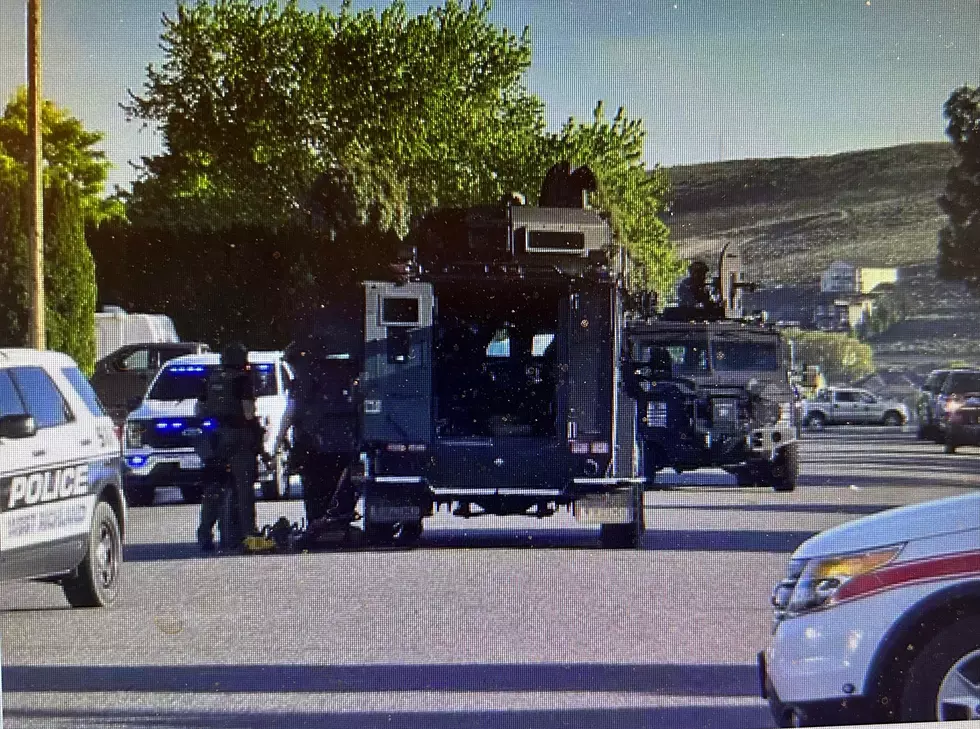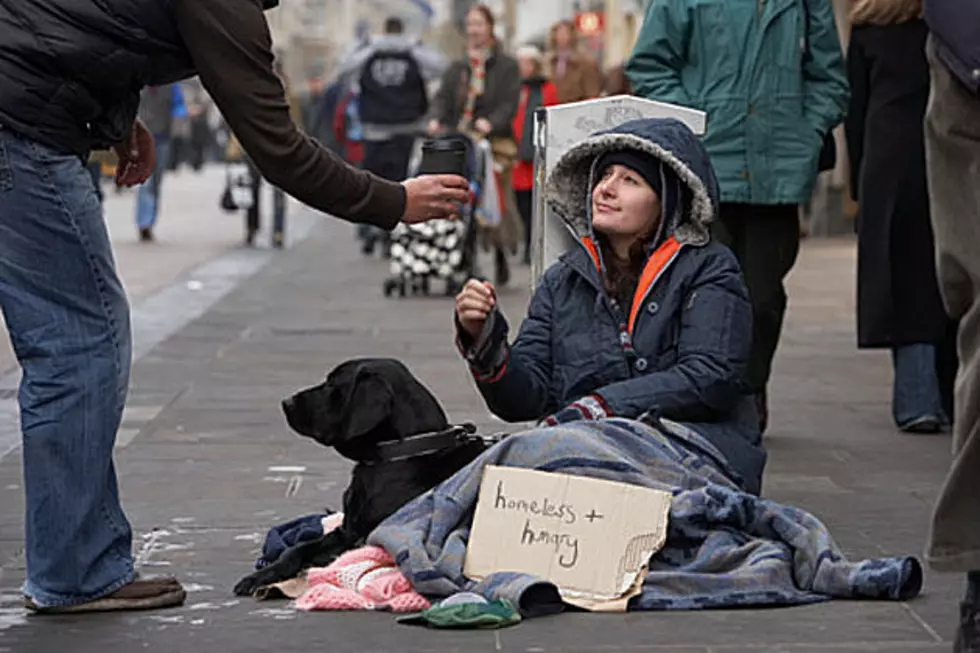
The Politics of Radio and City Hall–Dave’s Not Here
A lot of people have been wondering where I have been the past week. Gout? Vacation?? Termination??? Gout to begin with but then the particulars of an on-air host running for office have kicked in. Let me try to explain... and THANKS for asking
When a candidate is also a radio station employee, any time on air –talking politics or not – is subject to the Federal Communications Commission (FCC) equal time clause. Interestingly the FCC mandates equal time be available but rules it’s up to the opponents to request it. In other words, if Dave’s opponents for city council didn’t seek equal time, Dave would be on the air today.
So are the opponents trying to get something for nothing? You decide. But back in the day, the FCC was afraid that this new broadcast media could control the outcome of elections by controlling available air time. All things being equal, it was thought that the person with the greater name recognition, gained by way of extra air time, could tip the vote in their favor.
What the FCC didn’t and couldn’t take into account in 1927 and 1934 was a candidate already having 30+ years of broadcast familiarity. How could they? Since radio didn’t really exist til 1920!
So, To put it bluntly, Dave with a 30 year TV and Radio career in Yakima is already a recognized name and a known quantity. His name recognition-for better or worse- is already set. Who he is and what he represents will not be out of the public consciousness in two months or in five, so the FCC rule wasn’t written for a case like this. Forcing Dave off the air, silencing Dave doesn’t suddenly render the political name recognition game a three way tie with two other political newcomers. Look at the national advantage of incumbents.
But the threat of silencing Dave-the radio employee, by demanding equal time, does give the political opponents leverage in possibly being able to negotiate a deal for free advertising in an exchange for letting Dave stay on the air and doing his daily job. (There are a lot of laws that allow things which don’t seem fair.)
So by law, candidates can request equal time if they choose to do so and they have. Given what Dave does in terms of commercials, remote broadcasts, weather, radiothons, hosting the Morning News, filling in on the Mike Bastinelli Show, etc., we simply cannot afford to give away that amount of equal time to two other individuals.
Remember Equal Time isn’t just about the time Dave talks about local city politics and election issues. It is about any time Dave’s voice is on the air. That doesn’t seem fair does it? And It doesn’t seem fair that the government and competing local candidates can shut down a person’s livelihood in order for that person to be able to run for office but that’s what this amounts to…because the Radio Act of 1927 and the subsequent Communications Act of 1934 says that if a station gives a free minute to one candidate, it must make a comparable free minute available to a challenger. Even if that first minute isn’t free but is part of the job of a station employee who also just happens to be a candidate which in the final analysis is why so few media types ever run, or ever run without having to first quit their job or go on extended hiatus.
Now, if the opponents are willing and management is willing and management can reach a deal with the challengers, Dave will be back, if not, well, we’ll see.
Next time the Four exceptions to the Equal Time Rule and how they could play out.
More From News Talk KIT









